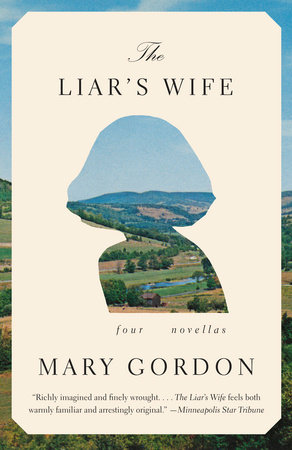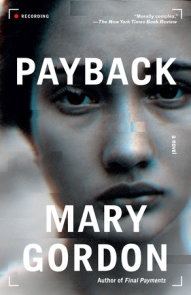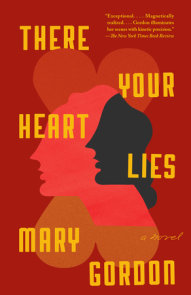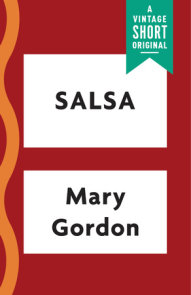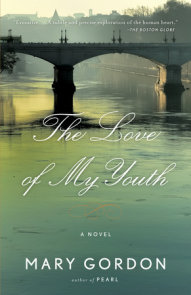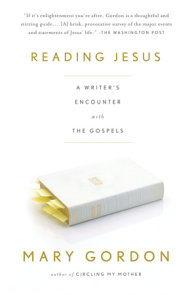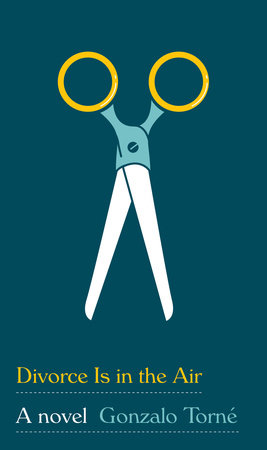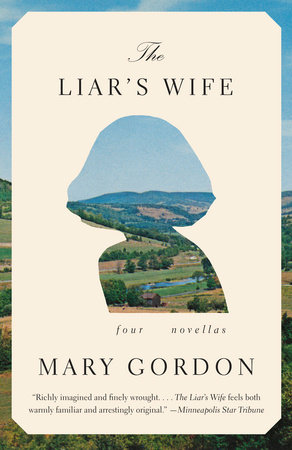

The Liar's Wife
By Mary Gordon
By Mary Gordon
By Mary Gordon
By Mary Gordon
Category: Literary Fiction | Women's Fiction | Historical Fiction
Category: Literary Fiction | Women's Fiction | Historical Fiction

-
$15.95
Jul 07, 2015 | ISBN 9780307390332
-
Aug 05, 2014 | ISBN 9780307908889
YOU MAY ALSO LIKE
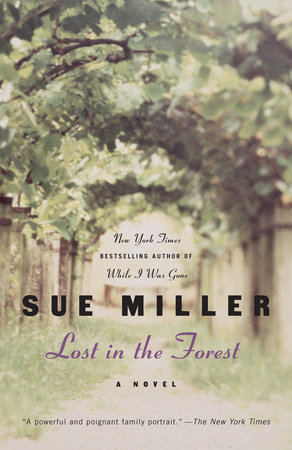
Lost in the Forest
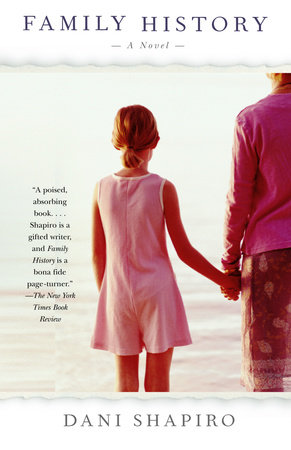
Family History
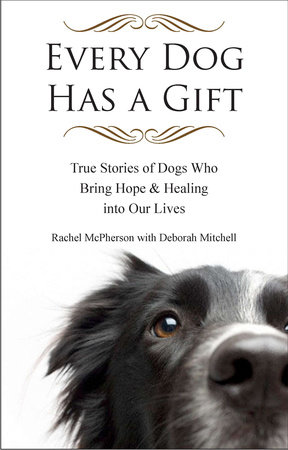
Every Dog Has a Gift
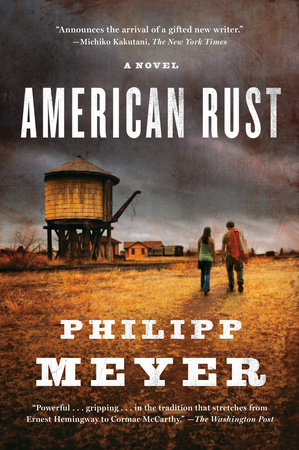
American Rust
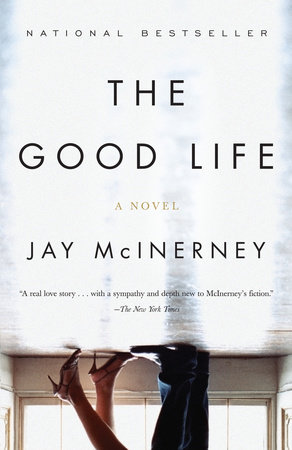
The Good Life
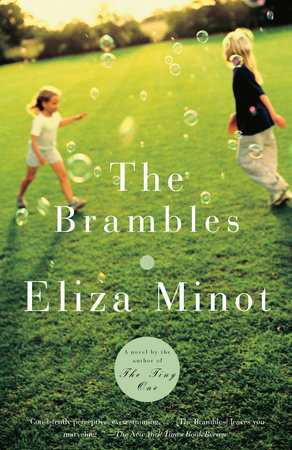
The Brambles
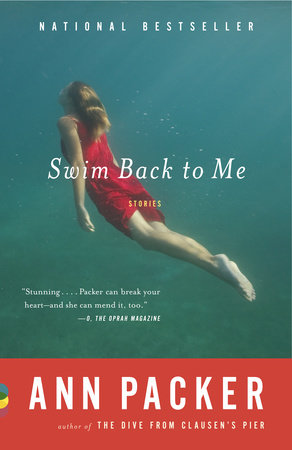
Swim Back to Me
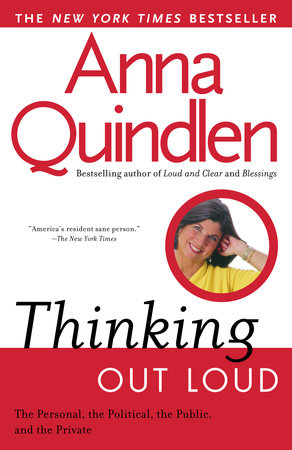
Thinking Out Loud
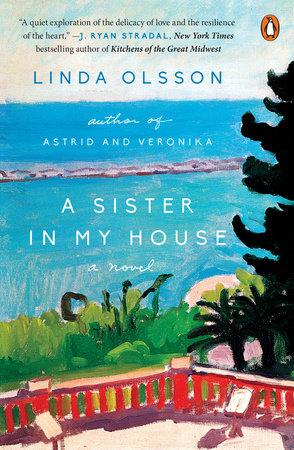
A Sister in My House
Praise
“Richly imagined and finely wrought. . . . The Liar’s Wife feels both warmly familiar and arrestingly original.” —Minneapolis Star Tribune
“The intelligence that breathes through [Gordon’s] characters tirelessly raises the unanswerable questions that animate all great fiction, lifting the reader out of the story and into the realm of ethical dilemma.” —The New York Times Book Review
“Pitch-perfect. . . . [Here are] four stories that are models of compression and searing insight. . . . Gordon’s voice is wry, her prose velvety.” —Oprah Magazine
“Thought-provoking. . . . The contemplative tales collected in The Liar’s Wife . . . force us to slow down and reflect. . . . Gordon’s characters are critical thinkers, people whose minds churn constantly with questions.” —The Washington Post
“Gordon’s skills are formidable; her writing, careful and exact. . . . [She] excels at the kind of minute observations that make her characters real.” —The Boston Globe
“Artful. . . . Riveting. . . . The four novellas in this volume have the genre’s characteristic combination of close narrative focus with enough wattage to pick out complexities of situation and character. What a blessing for their readers.” —The Washington Times
“A satisfying mix of narrative and perception. . . . [A] delight. . . . As Gordon admirably demonstrates in this quartet, the novella with its concentrated range is as pleasing a genre as any other.” —Richmond Times-Dispatch
“The Liar’s Wife glints with Gordon’s enduring mettle: She draws from the dross of everyday life, a hidden gold. . . . Gordon is at her best.” —The Buffalo News
“[A] beautifully rendered book. . . . The novella is an underutilized form, but Gordon shows a great affinity for its necessary constraints. In each 60-or-so-page story she manages to compress a trove of details, giving readers wholly fleshed worlds to savor and contemplate.” —BookPage
“Gordon returns to her favorite thematic territory: faith, innocence and their loss, intellectual ambition, physical affliction, self-sacrifice and guilt. . . . [She] enchants.” —Montgomery Advertiser
“Gordon[‘s] book is worth reading, for her wonderful language, her insights and her willingness to take on difficult issues.” —The National (AE)
“The Liar’s Wife is a meaty and thoughtful book. . . . These are stories told in memory and questions by characters still moved by encounters and ideas that shaped them in pivotal moments. . . . Emotional and insightful.” —Book Reporter
“Incandescent. . . . Just like a great Gordon novel times four.” —Library Journal
21 Books You’ve Been Meaning to Read
Just for joining you’ll get personalized recommendations on your dashboard daily and features only for members.
Find Out More Join Now Sign In








